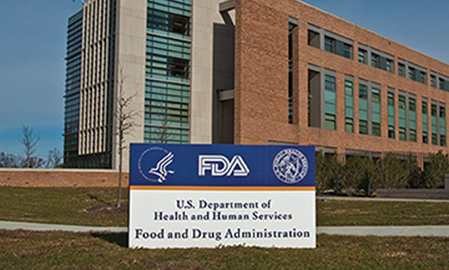FDA released new draft guidance Monday on the use of electronic informed consent in clinical trials, which may signal the agency’s willingness to expedite and modernize the application process.
The agency said it hopes that these electronic processes will help prospective participants better understand what they’re consenting to, allow for quicker notification of information related to that consent and hasten the retrieval of consent from subjects in remote locations.
The draft guidance pointed out that informed consent on digital channels must still “facilitate the subject’s comprehension of the information,” as well as allow subjects the time to ask questions, which the agency added can be conducted through text messaging or over video conferencing tools like Skype.
The guidance touched on how electronic informed consent programs are to be presented to potential trial subjects—saying that if programs are to be interactive, they should also be “easy to navigate, allowing the user to proceed forward to backward within the system or stop and continue at a later time.”
Those needs must be also be leveraged in a way that “minimizes the possibility of coercion or undue influence” over the subject’s decision to participate, the agency stated. An article written Monday by Ed Silverman at the Wall Street Journal‘s Pharmalot blog cited a recent poll that found the vast majority of patients surveyed want physicians to disclose their ties to drug companies prior to their enrollment in a trial.
This draft guidance comes as numerous states are currently passing “right-to-try” bills that aim to widen access to drugs currently in clinical trials. This legislation, which has already been passed in at least four states with another 20 states considering similar measures, would allow doctors and terminally ill patients to negotiate directly with drug companies to obtain experimental drugs that have passed Phase-I trials, which are primarily used to understand a drug’s safety profile.
The new legislation looks to circumvent the FDA’s “compassionate use” or expanded access programs that already provide a pathway for patients to access medicines currently under evaluation. Critics of expanded access say the pathway is too onerous—especially for terminally ill patients for whom time is increasingly precious. The forms can often take up to 100 hours to complete, according to an article from the Wall Street Journal.







